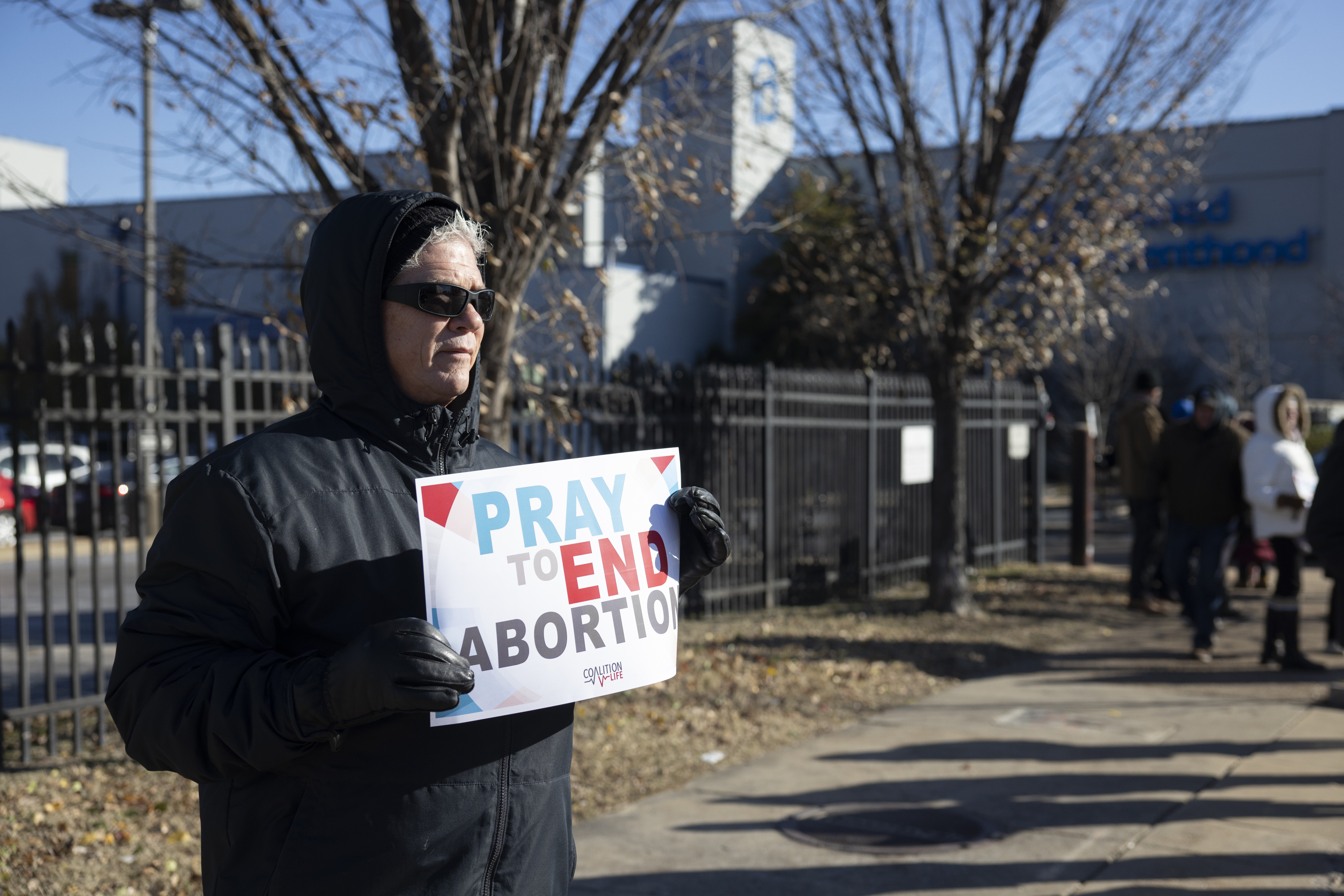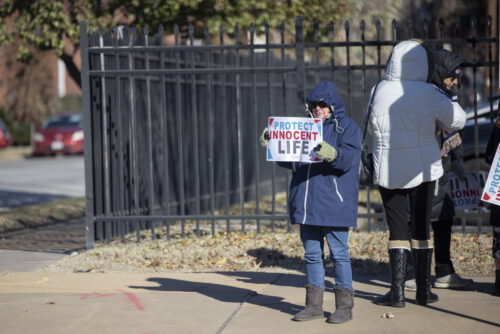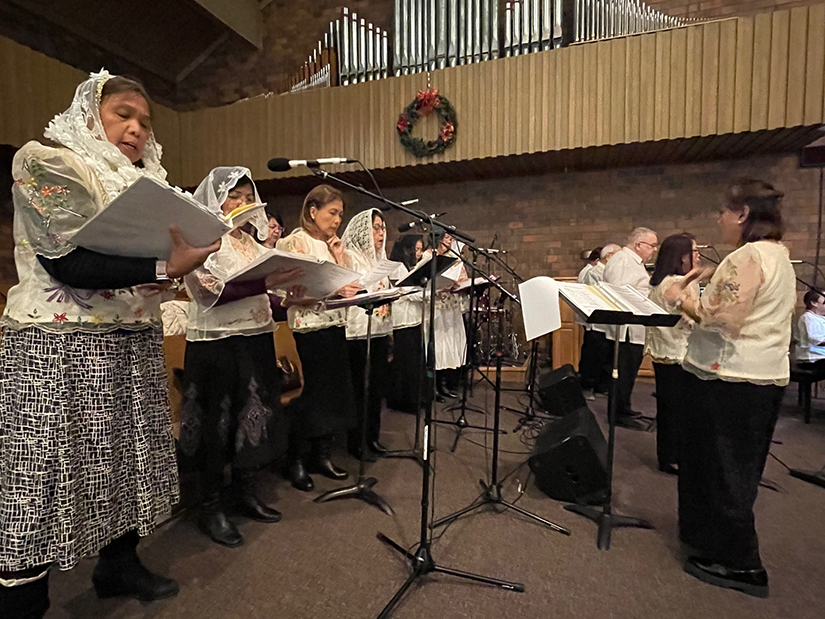With Amendment 3 in effect, judge hears lawsuit to overturn state’s abortion ban

Planned Parenthood seeks to overturn numerous abortion laws, including near-total ban
With Amendment 3 in effect, Planned Parenthood has asked a judge to overturn Missouri’s near-total ban on abortion.
Jackson County Circuit Judge Jerri Zhang did not make a ruling after a Dec. 4 hearing, at which the state’s two Planned Parenthood affiliates asked for a temporary restraining order blocking enforcement of several abortion laws.
It is uncertain when Zhang will rule on the request for a preliminary injunction.
The 221-page lawsuit, announced a day after the passage of Amendment 3, also seeks to block other abortion-related laws, including a 72-hour waiting period, requirements for doctors to have hospital admitting privileges to perform abortions and other regulations for abortion facilities.
Amendment 3, which passed with 51.6% of votes in support, allows for abortions until fetal viability (typically around 22-24 weeks of pregnancy), but also offers a broad exception for the “life and physical or mental health” of the pregnant person.
The measure also creates a right to make other reproductive decisions by declaring the government shall not “deny or infringe upon a person’s fundamental right to reproductive freedom … including but not limited to prenatal care, childbirth, postpartum care, birth control, abortion care, miscarriage care and respectful birthing conditions.”

Missouri Attorney General Andrew Bailey has said that with Amendment 3 in effect, Missouri’s ban on abortions will no longer be enforceable, referencing in a letter to Governor-elect Mike Kehoe the state’s ban on abortion except for medical emergencies, after eight weeks, after 14 weeks and after 18 weeks.
However, Bailey said that his office will continue to enforce other abortion-related laws, including fetal viability, requiring parental consent and outlawing coerced abortions.
“Until and unless voters have an opportunity to vote again in a possible future election, Amendment 3 will render some statutes unenforceable,” he wrote.
Planned Parenthood said it would immediately resume offering medication abortions at some of its clinics depending on the judge’s decision. Coalition Life, which offers women alternatives to abortion through the use of sidewalk counselors, plans to have a presence outside Planned Parenthood in St. Louis if abortions resume in Missouri. Since the state’s abortion ban went into effect in 2022, the organization has shifted its focus to Planned Parenthood facilities in Illinois, where abortion remains legal.
Coalition Life executive director Brian Westbrook said at a press conference Dec. 3 that Missouri’s abortion laws are in place to protect women’s health. “What the courts decide is up to what the courts decide, but what we’re calling is for these safety standards to clearly be put in place and kept in place,” he said. “We will stand firm every single day to be with these women, to protect these women and protect the very innocent children who will lose their lives.”
While it’s uncertain which abortion laws could be overturned, Deacon Sam Lee, a longtime pro-life lobbyist with Campaign Life Missouri said that the measures lawmakers have passed over the years to protect women and unborn children have not been wasted.
“I am grateful that we were able to get these laws passed and they’ve saved lots of lives,” Deacon Lee said, adding that there were very few abortions in Missouri for several years before the Dobbs decision. “There are children who are adults today because of those laws. Amendment 3 might undo lots of those (laws), but we will have to wait and see.”
Missouri was one of seven states that in 2024 passed ballot measures to allow abortion, while three upheld current bans. In Nevada, voters approved a measure amending the state constitution to guarantee abortion rights but will need to approve it again in 2026. New York amended the Equal Protection Clause of the state constitution to enshrine access to abortion and guarantee individuals’ autonomy over reproductive health care.







